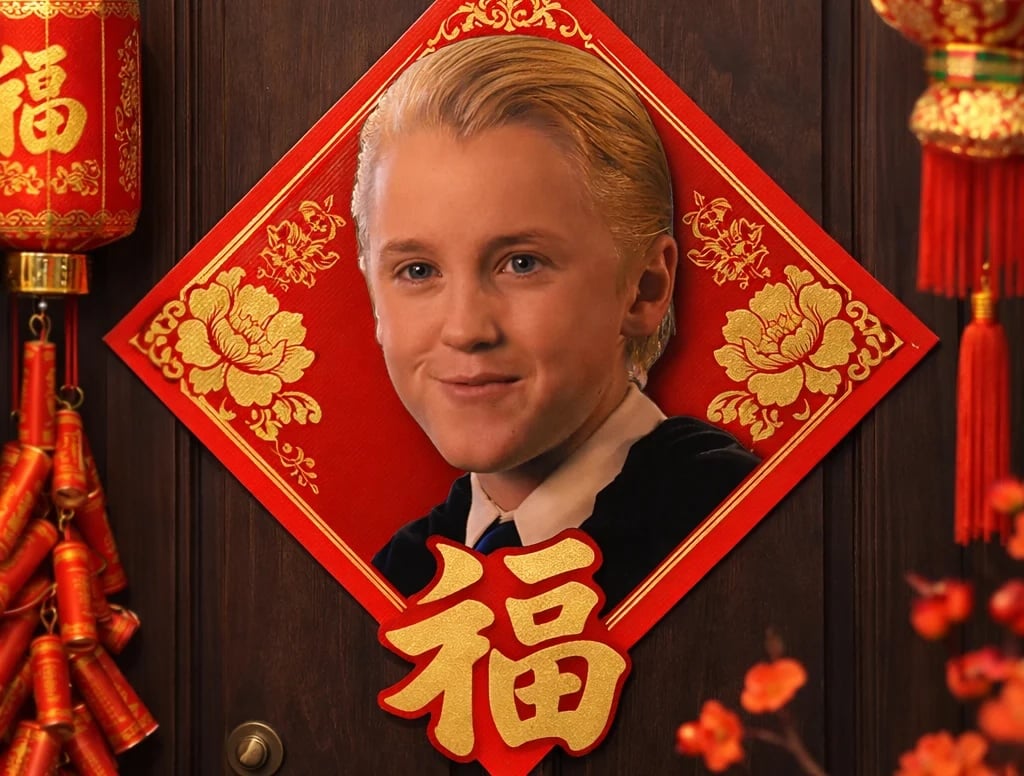[vc_row][vc_column][vc_column_text]Zhibo is a weekly column in which Beijing-based American Taylor Hartwell documents his journey down the rabbit hole of Chinese livestreaming app YingKe (Inke). If this is your first contact with the livestreaming (直播; “zhibo”) phenomenon in China, start here with Taylor’s introductory guide.
Chinglish of the Week because I very good 色, so often girl 骗

This is some multi-layered Chinglish right here.
The message that our friend is trying to get across is that his… lasciviousness often leads to his being tricked or deceived by women. Let’s leave aside truthfulness and/or judgements of character and simply look at how this beautiful Chinglish sentence came to be.
The first thing to understand is that in Chinese, the word 好 (hao) means “good,” but can also be used as a modifier to mean very or quite. So I could say that I’m “好饿” (very hungry), “好热” (very hot), “好疼” (in lots of pain), “好厉害” (very lihai) (link that word lihai to the lihai column), etc. Rather than choosing from a whole host of positive and negative words to describe things, Chinese tends to lean more towards simply putting more 很’s and 非常’s (very and extremely) in front of 好 (good) or 不好 (not-good).

Here, have a completely unrelated image.
So when this fella says that he is “good色,” he means that he is very “色”. 色 (pronounced somewhere between “seh and suh” most literally means “color.”
红色 (hongse = red)
蓝色 (lanse = blue)
绿色 (luse = green)
…and so on.
As you scroll through the dictionary entry for 色, however, you’ll also see look/expression, appearance, quality, and finally, sex/desire for beauty. When you put a 好 (good or very) in front of it, you get “very desirous of beauty or sex.” Or more simply: horny.
The word 骗 (pian, pronounced like p-yen, all one syllable) means to trick or hoodwink. This is much more straightforward than 色, but I am simply fascinated by the fact that it is also the verb meaning “to get on something by swinging your leg over it,” like a horse. As we’ve discussed before, horses seem to have an incredibly unfair level of connection to derogatory statements – but that’s a problem for another day.
Surprisingly Hard-to-Answer Question of the Week What time is it in America?

As I’ve mentioned before, China is all on one time zone – good enough for Beijing, good enough for you. So when someone from China asks what time it is “in America,” that’s a perfectly reasonable question from their perspective, despite it not making any sense if you just think a lil’ bit about the curvature of the earth.
I don’t get the sense that the one-big-time-zone thing is exactly a hotly-debated topic (in places where it really makes life inconvenient, they just live by their own clocks), so I haven’t had many serious discussions about it with Chinese friends. But on occasion, I’ll hear the argument that, since time is something we just made up, it doesn’t matter whether all of China is on one time zone.
Maybe. But since time is just our way of describing very obvious phases of the day we all recognized and lived by long before clocks ever existed, when you tell a whole segment of your population that it’s already 10am when the sun is rising, I’d argue that you’re the one violating the good rules of common sense.
Truly Strange Question of the Week 如果在沙漠,有两杯水,一杯血,一杯尿,你选择喝哪杯

Translation: If you were in the desert and had two cups – a cup of blood and a cup of urine, which would you choose to drink?
…say what now?
I find that interacting with strangers on the internet is a great way to inject a little novelty into your day. For example, I can say with confidence that I had never before this week Googled the phrase “can you drink blood.”

Pictured: “Work”.
What surprised me about the blood-drinking question wasn’t the actual scientific answer – it probably won’t kill you immediately, but still don’t drink it, you f@#king moron – but rather the sheer number of queries out there indicating that there are a whole lot of people with a more-than-academic interest in picking up a copy of the Renfield cookbook.

Seriously people?
I was vaguely aware of there being a sort of Goth subculture of people who call themselves vampires – mostly because it’s a classic straw man for anyone who wants to pretend gender identity problems don’t exist, but that’s a whole other thing.

Still pictured: “Work”, but with bigger air quotes.
Bottom line: sign me up for a cup of urine, thank you very much.
—
Previously from our livestreaming column:
 Zhibo: The Sina-Zuckerberg Conundrum and Hypnopompic StatesArticle Jul 23, 2018
Zhibo: The Sina-Zuckerberg Conundrum and Hypnopompic StatesArticle Jul 23, 2018
 Zhibo: Death Threats and PornographyArticle Jul 09, 2018
Zhibo: Death Threats and PornographyArticle Jul 09, 2018


















